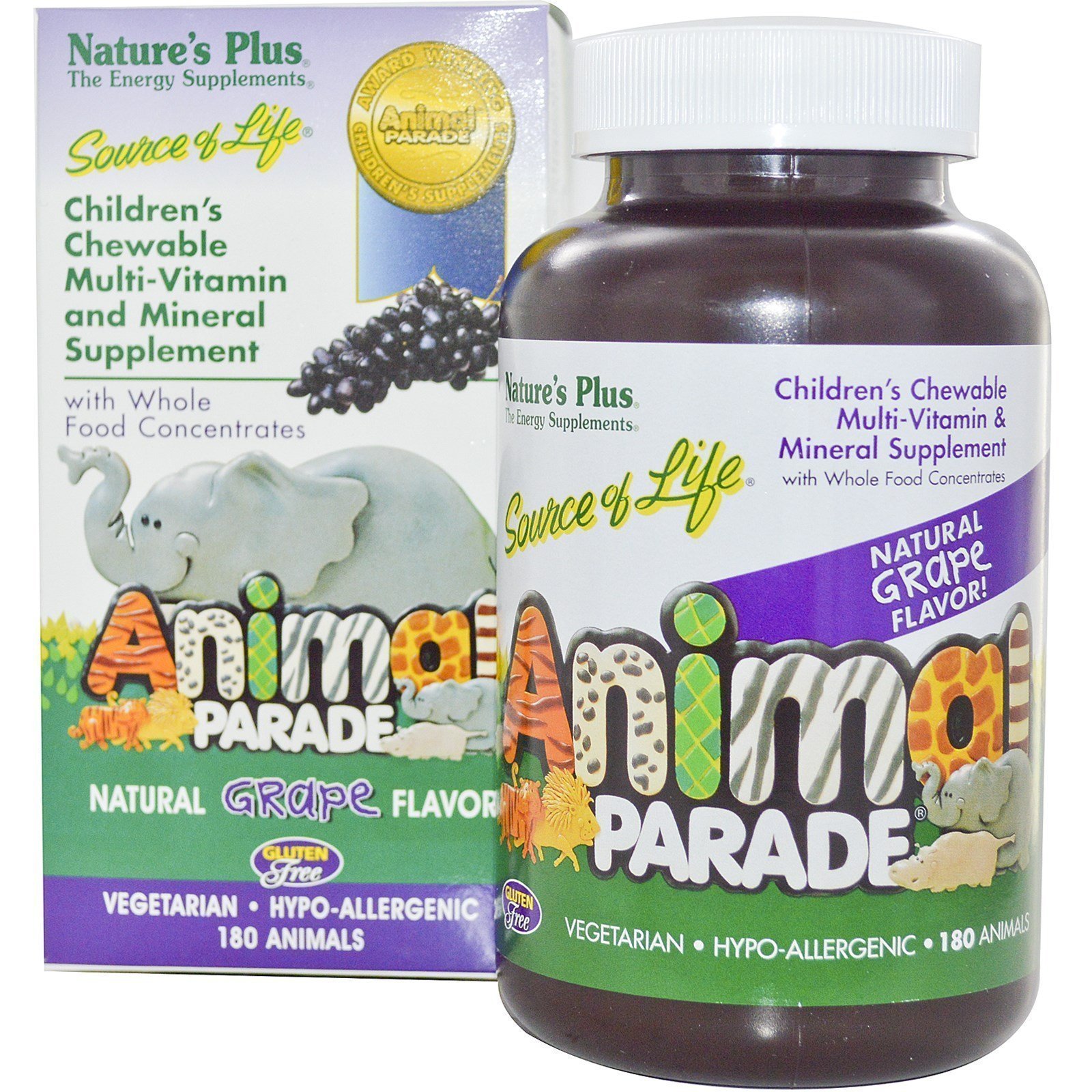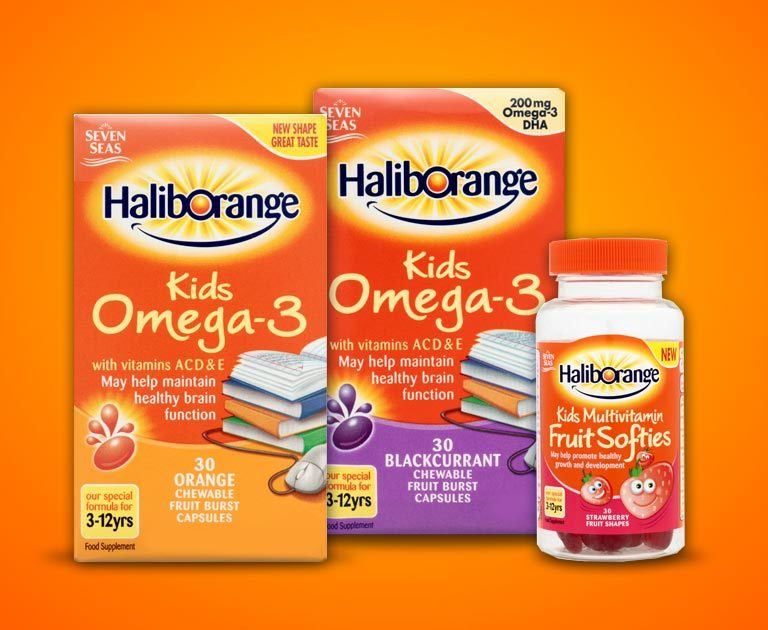Note: this post has been updated in September 2021.
Do Healthy Kids Need Multivitamins?
Here is another way to think about this question. Do healthy kids need vitamins? Yes. Do healthy kids need nutrients? Yes, Yes, Yes! Do healthy kids need fiber and protein and carbs and natural sugars found in good, fresh, whole foods? Absolutely.
Is a chewable tablet or gummy vitamin going to bring even a fraction of as much nutrition to that child as three fresh, uncomplicated meals with a couple of whole food snacks? Not even close.

If you believe the ads, every kid needs a daily Flintstone or Gummy Bear vitamin. But is it true? Not necessarily so, the experts agree. Ideally, kids should get their multivitamins from a balanced, healthy diet that includes plenty of fresh fruits and leafy, green vegetables. Protein from products with whole grains like steel-cut oats and brown rice. Take a look at how important essential vitamins are to us living a healthy life.
Look to Fresh Foods for the Best Vitamins
Healthy kids get their best start from what you put in your grocery cart. Good nutrition starts by serving a wide variety of whole, fresh foods as much as possible. That’s far better than serving up fast foods or convenience foods — and hoping that taking a kids’ vitamin will undo any nutritional no-no’s. You’ll find the most vitamins and minerals in foods high in carbohydrates and proteins (rather than fats). By far, the most high-vitamin foods of all are fresh fruits and vegetables.
To give kids more vitamins, aim for more variety — not simply more food. Twice as many kids today are overweight than just two decades ago, so use kid-sized food portions, which are one-quarter to one-third the size of adult portions. Spread the variety of foods into several small meals and snacks throughout the day. If your child won’t eat a particular food for a few days — like vegetables — don’t fret. But reintroduce those foods again a day or two later, prepared in a unique way. Kids’ “food strikes” usually end by themselves. - via WebMD
Are multivitamins for kids overused?
So why do parents hear so much about giving multi-vitamins to their kids? Remember that one of the largest markets in the US and likely the globe are parents who buy for their children. Never forget that your concern for your child’s health is of utmost importance, but at the same time, it makes you a target for every product producer out there. Their motive may not be evil, but it certainly is more about their profit than your kid’s health.

Multivitamin/mineral supplements are the most used dietary supplement among children in the U.S., with survey data suggesting that almost half (47 percent) of 3-year-olds take multivitamins at least occasionally.
Considering how widespread the use of multivitamins is among children, however, I was surprised to discover how little actual research exists to evaluate their clinical benefit and possible adverse effects. Interpreting the results of the research that is available is complicated by the fact that multivitamin formulations vary dramatically among brands.
Some multivitamins contain just a few antioxidant vitamins (A, C, E), and some only contain B vitamins and C, with no A or E. Others contain a laundry list of vitamins and minerals, at doses that vary by brand. Some products contain iron; some don’t. As all such products are lumped together as “multivitamins” in research studies, it’s challenging to assess whether certain combinations of supplemental nutrients might be safer or more beneficial than others.
Certain dietary supplements may be appropriate and beneficial for certain children under certain circumstances, but it’s important to recognize that the concentrated doses of nutrients in pills are not buffered in the same way as are nutrients from food. Therefore, they can be more potent.
More is not always better – even for essential nutrients, and particularly for the youngest of children whose rapid development may be influenced in unexpected ways by the presence of unusually elevated levels of individual nutrients at key windows of time. And just because a supplement is marketed for children, that doesn’t mean the long-term risks and benefits for children have been thoroughly assessed.
Rather than adopt an “insurance policy” mentality regarding multivitamin use, I recommend discussing your child’s individual risk profile and needs with his pediatrician to make a judicious decision about which, if any, supplements are appropriate for your child. In some cases of multiple food avoidance's or extremely restricted eating, a multi may indeed make sense. In other cases, single nutrient supplements – such as vitamin D, iron and/or an omega-3 supplement – may be more beneficial for a child. A trusted site and article provide information on Vitamins for Kids: Do They Need Them (And Which Ones)?
If you want to try vitamins for your children, below is a list of some of the highly recommended vitamins.
A Trusted resource
See Plant-Based Primer: The Beginner’s Guide to a Plant-Based Diet by the folks over at Forks over Knives. These resources will help you begin your journey and guide you in the steps to transition to a plant-based diet for a healthy life.
Did you enjoy reading this post?
I hope you enjoyed reading this post. If you did, please use the buttons below to share with family and friends you think may benefit from the information in the post.
Express your opinion
Do you think your child will benefit more from well-balanced fresh meals or multivitamin and processed food?
If I can answer any questions or if you have an opinion that you would like to express, please let me know your thoughts by leaving a comment below.



0 comments